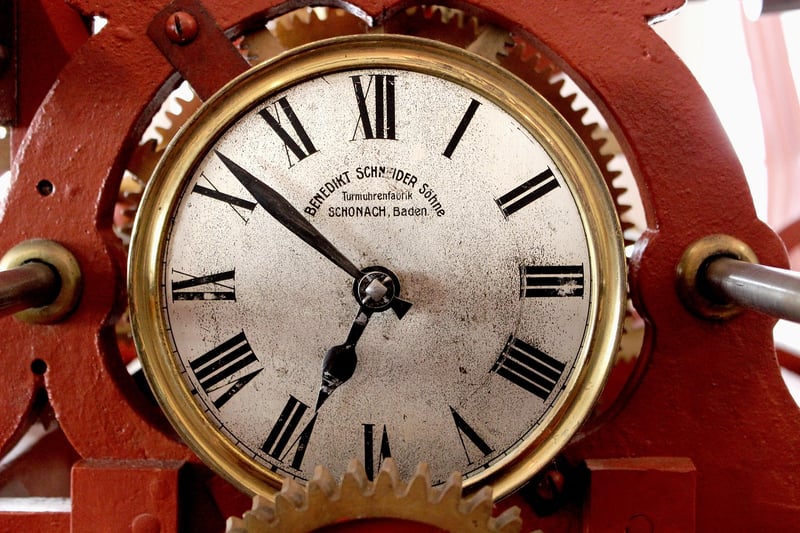Temporal Loops
Navigating Time Conundrums and Temporal Loops
Time travel has long been a fascinating concept in science fiction, leading to intricate narratives filled with paradoxes and mind-bending twists. One of the most intriguing elements of time travel stories is the idea of navigating time conundrums and temporal loops. Let's delve into these concepts and explore how they work within the realm of speculative fiction.
Understanding Time Conundrums
Time conundrums refer to situations where the events in the past, present, and future become interconnected in complex and often contradictory ways. This can lead to paradoxes such as the grandfather paradox, where a time traveler inadvertently changes the past in a way that prevents their own existence.
Authors and filmmakers often use time conundrums to create tension and explore the consequences of altering the timeline. By introducing these paradoxes, they challenge characters to navigate through moral dilemmas and philosophical quandaries.
Exploring Temporal Loops
Temporal loops, also known as causal loops, are recurring sequences of events where the outcome is fixed and unchangeable. In a temporal loop, an event from the future influences the past, leading to the same series of events repeating endlessly.
Characters caught in temporal loops often find themselves trapped in a cycle of repetition, struggling to break free from the constraints of time. These loops raise questions about free will, destiny, and the nature of causality.
Examples in Popular Culture
Time conundrums and temporal loops have been explored in numerous works of fiction, captivating audiences with their intricate storytelling. Some notable examples include:
- Christopher Nolan's film "Inception" delves into the complexities of dreams within dreams, blurring the lines between reality and imagination.
- The TV series "Dark" weaves a complex narrative of time travel, family secrets, and interconnected timelines, challenging viewers to unravel its mysteries.
- Octavia E. Butler's novel "Kindred" explores the brutal realities of slavery through the lens of time travel, highlighting the impact of history on the present.
Conclusion
Time conundrums and temporal loops offer unique storytelling opportunities, pushing the boundaries of narrative structure and challenging audiences to think beyond linear time. By immersing ourselves in these intricate concepts, we can explore the complexities of cause and effect, fate and free will, and the enduring mysteries of the space-time continuum.
Embrace the paradoxes, unravel the loops, and embark on a journey through the tangled web of time in the realm of speculative fiction.

